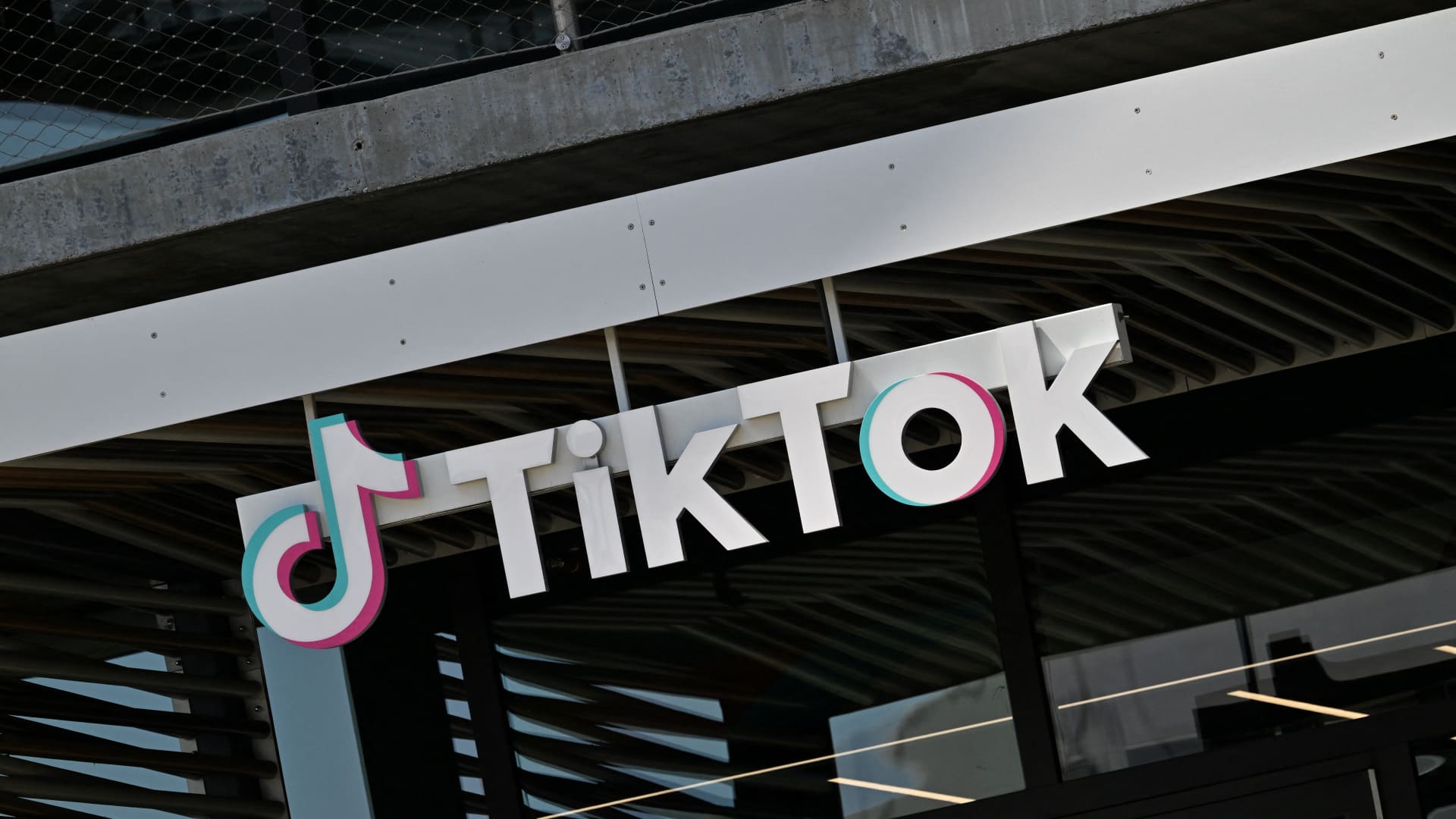TikTok’s €530 Million Fine: A Watershed Moment for Data Privacy
Introduction
The digital landscape was jolted when Ireland’s Data Protection Commission (DPC) slapped TikTok with a staggering €530 million fine—one of the largest penalties ever imposed under the EU’s General Data Protection Regulation (GDPR). This landmark decision didn’t just send shockwaves through the tech industry; it underscored a critical shift in how regulators are enforcing data privacy laws.
At the heart of the issue was TikTok’s handling of European users’ data—specifically, its transfer to China without adequate safeguards. The fine wasn’t just about the money; it was a statement: user privacy cannot be compromised, and compliance isn’t optional.
This report unpacks the investigation, the violations, and the broader implications for tech companies navigating an increasingly regulated digital world.
—
The Investigation: What Went Wrong?
The Trigger: Why the DPC Stepped In
The DPC’s probe into TikTok wasn’t random—it stemmed from growing concerns over how the platform managed European users’ data. The core issue? Whether TikTok unlawfully transferred personal data from the European Economic Area (EEA) to China, where its parent company, ByteDance, is headquartered.
Key Findings: A Pattern of Violations
The four-year investigation revealed three major breaches of GDPR:
– TikTok failed to implement sufficient safeguards when moving European users’ data to China.
– GDPR requires strict protections for cross-border data transfers, especially to countries without equivalent privacy laws.
– Users weren’t adequately informed about how their data was being processed or transferred.
– GDPR mandates clear, accessible privacy policies—something TikTok fell short on.
– The DPC found TikTok couldn’t guarantee data security once it reached China.
– This raised red flags about potential government access and misuse.
—
The Penalty: Why €530 Million?
Breaking Down the Fine
The €530 million penalty wasn’t arbitrary—it reflected the severity of TikTok’s violations:
– Scale of the breach: Millions of European users were affected.
– Duration of non-compliance: The violations persisted for years.
– Lack of corrective action: TikTok had opportunities to fix the issues but didn’t.
Corrective Measures: More Than Just a Fine
Beyond the financial hit, the DPC ordered TikTok to:
– Suspend data transfers to China unless compliance is achieved within six months.
– Overhaul its data protection practices, including clearer user disclosures.
This wasn’t just punitive—it was a directive to fundamentally change how TikTok operates in Europe.
—
The Fallout for TikTok
Financial and Reputational Damage
While €530 million is a significant sum for any company, the reputational harm may be even costlier:
– User trust erosion: Privacy-conscious users may abandon the platform.
– Investor skepticism: Shareholders and partners could question TikTok’s long-term viability in Europe.
Operational Overhaul Required
To comply, TikTok must:
– Invest in GDPR-compliant infrastructure, such as localized data storage.
– Enhance transparency, rewriting privacy policies in plain language.
– Strengthen oversight, ensuring no repeat violations.
This isn’t a quick fix—it’s a complete restructuring of data governance.
—
Broader Implications for the Tech Industry
GDPR Enforcement Just Got Real
The DPC’s action signals a new era of strict GDPR enforcement:
– No more leniency: Regulators are done with warnings; fines will be steep.
– Precedent set: Other tech giants (Meta, Google, etc.) are on notice.
Global Ripple Effects
Beyond Europe:
– U.S. and other markets may adopt similar stringent measures.
– China’s tech giants (like Alibaba, Tencent) face heightened scrutiny when operating abroad.
User Awareness and Demand for Privacy
Consumers are waking up to data privacy risks:
– More users will demand control over their data.
– Brands that prioritize privacy (like Apple) gain competitive advantage.
—
Conclusion: A Defining Moment for Digital Privacy
The Message Is Clear
The €530 million fine isn’t just about TikTok—it’s a turning point for the tech industry. Regulators are drawing a hard line: user privacy is non-negotiable, and violations will be met with severe consequences.
What Comes Next?
For TikTok: A long road to compliance and rebuilding trust.
For the industry: A wake-up call to prioritize data protection or face similar repercussions.
For users: Greater confidence that their data rights are being defended.
In the end, this case isn’t just a penalty—it’s a blueprint for a more accountable digital future.











